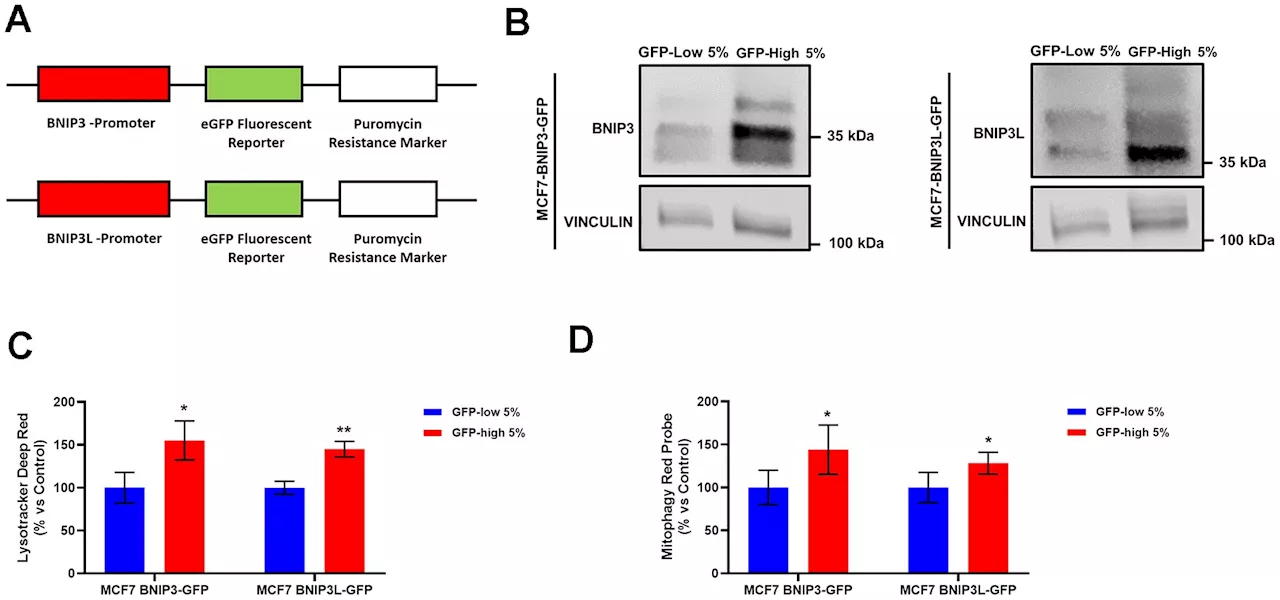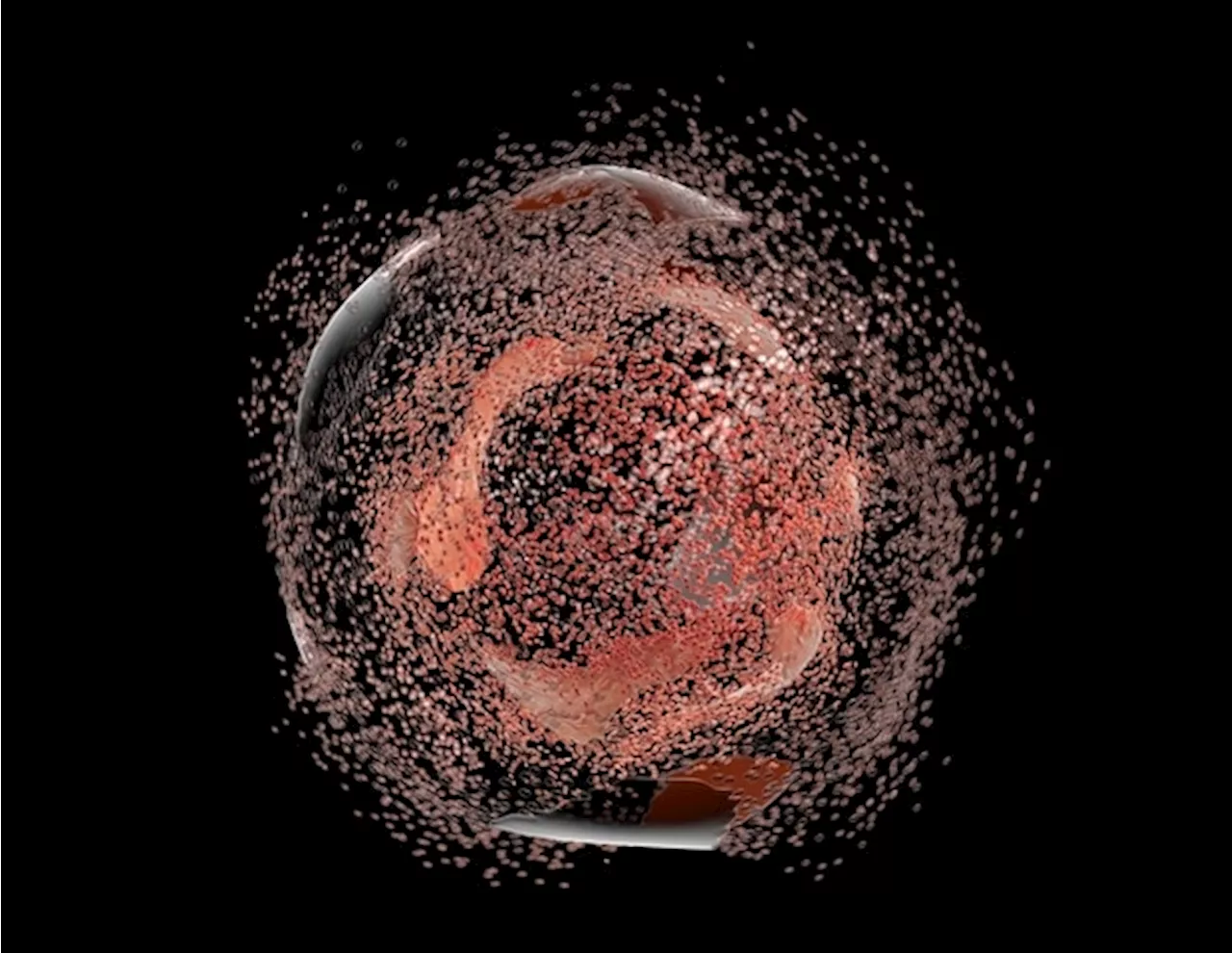Researchers at the Terasaki Institute for Biomedical Innovation (TIBI) have unveiled a pioneering study shedding light on the intricate mechanisms underlying Alzheimer's disease (AD).
Terasaki Institute for Biomedical InnovationJul 13 2024 Research ers at the Terasaki Institute for Biomedical Innovation have unveiled a pioneering study shedding light on the intricate mechanisms underlying Alzheimer's disease . The study, titled "Effects of amyloid-β-mimicking peptide hydrogel matrix on neuronal progenitor cell phenotype," represents a significant leap forward in understanding the interplay between amyloid-like structures and neuronal cells.
Led by Natashya Falcone and co-first authors Tess Grett Mathes and Mahsa Monirizad, the research team delved into the realm of self-assembling peptide-based hydrogels, renowned for their versatility in mimicking extracellular matrices of diverse microenvironments. AD presents an intricate challenge in neurodegenerative research. Traditional two-dimensional models have limitations in capturing the complexity of the disease. Through their innovative approach, the team developed a multi-component hydrogel scaffold, named Col-HAMA-FF, designed to mimic the amyloid-beta containing microenvironment associated with AD.
The study's findings, published in a recent issue of Acta Biomaterialia, illuminate the formation of β-sheet structures within the hydrogel matrix, mimicking the nanostructures of amyloid-β proteins. By culturing healthy neuronal progenitor cells within this amyloid-mimicking environment and comparing results to those in a natural-mimicking matrix, the researchers observed elevated levels of neuroinflammation and apoptosis markers.
This foundational work provides a promising scaffold for future investigations into AD mechanisms and drug testing. By bridging the gap between 3D hydrogel models and the complex reality of AD pathological nanostructures, we aim to understand this interaction on healthy neuronal cells so that we can accelerate the development of effective therapeutic strategies.
Apoptosis Cell Nanostructures Phenotype Progenitor Cells Research
United Kingdom Latest News, United Kingdom Headlines
Similar News:You can also read news stories similar to this one that we have collected from other news sources.
 New study sheds light on potassium channels to help researchers design better drugsPotassium channels are openings that allow charged potassium atoms to cross the cell membrane. Voltage-gated potassium channels—which open only when a specific voltage is reached across the cell membrane—are essential for the electrical impulses that nerve cells or neurons use to communicate.
New study sheds light on potassium channels to help researchers design better drugsPotassium channels are openings that allow charged potassium atoms to cross the cell membrane. Voltage-gated potassium channels—which open only when a specific voltage is reached across the cell membrane—are essential for the electrical impulses that nerve cells or neurons use to communicate.
Read more »
 Mitophagy and cancer: Researchers describe a new model system to enrich sub-populations of cancer cellsA new research paper was published on the cover of Aging, titled, 'Mitophagy and cancer: role of BNIP3/BNIP3L as energetic drivers of stemness features, ATP production, proliferation, and cell migration.'
Mitophagy and cancer: Researchers describe a new model system to enrich sub-populations of cancer cellsA new research paper was published on the cover of Aging, titled, 'Mitophagy and cancer: role of BNIP3/BNIP3L as energetic drivers of stemness features, ATP production, proliferation, and cell migration.'
Read more »
 Researchers develop new and improved model to weigh the risks and benefits of fish consumptionA new model developed by researchers could help inform guidelines and improve evidence-based advice on the risks and benefits of fish consumption, especially during pregnancy.
Researchers develop new and improved model to weigh the risks and benefits of fish consumptionA new model developed by researchers could help inform guidelines and improve evidence-based advice on the risks and benefits of fish consumption, especially during pregnancy.
Read more »
 Researchers identify key osteoporosis-related gene and develop new mouse model of the diseaseOsteoporosis-;weakening of the bones with age-;affects millions worldwide, and this figure is increasing annually as the global population ages.
Researchers identify key osteoporosis-related gene and develop new mouse model of the diseaseOsteoporosis-;weakening of the bones with age-;affects millions worldwide, and this figure is increasing annually as the global population ages.
Read more »
 New Swiss research institute to pioneer immune engineering and global child health“Swiss research institute established to focus on immune engineering and advancing global child and adolescent health.”
New Swiss research institute to pioneer immune engineering and global child health“Swiss research institute established to focus on immune engineering and advancing global child and adolescent health.”
Read more »
 In-depth plans for new art gallery and conference centre at Harris InstituteHarris Institute plans by Studio John Bridge Plans have been unveiled to revive one of Preston’s architectural gems by turning it into a new art gallery a
In-depth plans for new art gallery and conference centre at Harris InstituteHarris Institute plans by Studio John Bridge Plans have been unveiled to revive one of Preston’s architectural gems by turning it into a new art gallery a
Read more »
